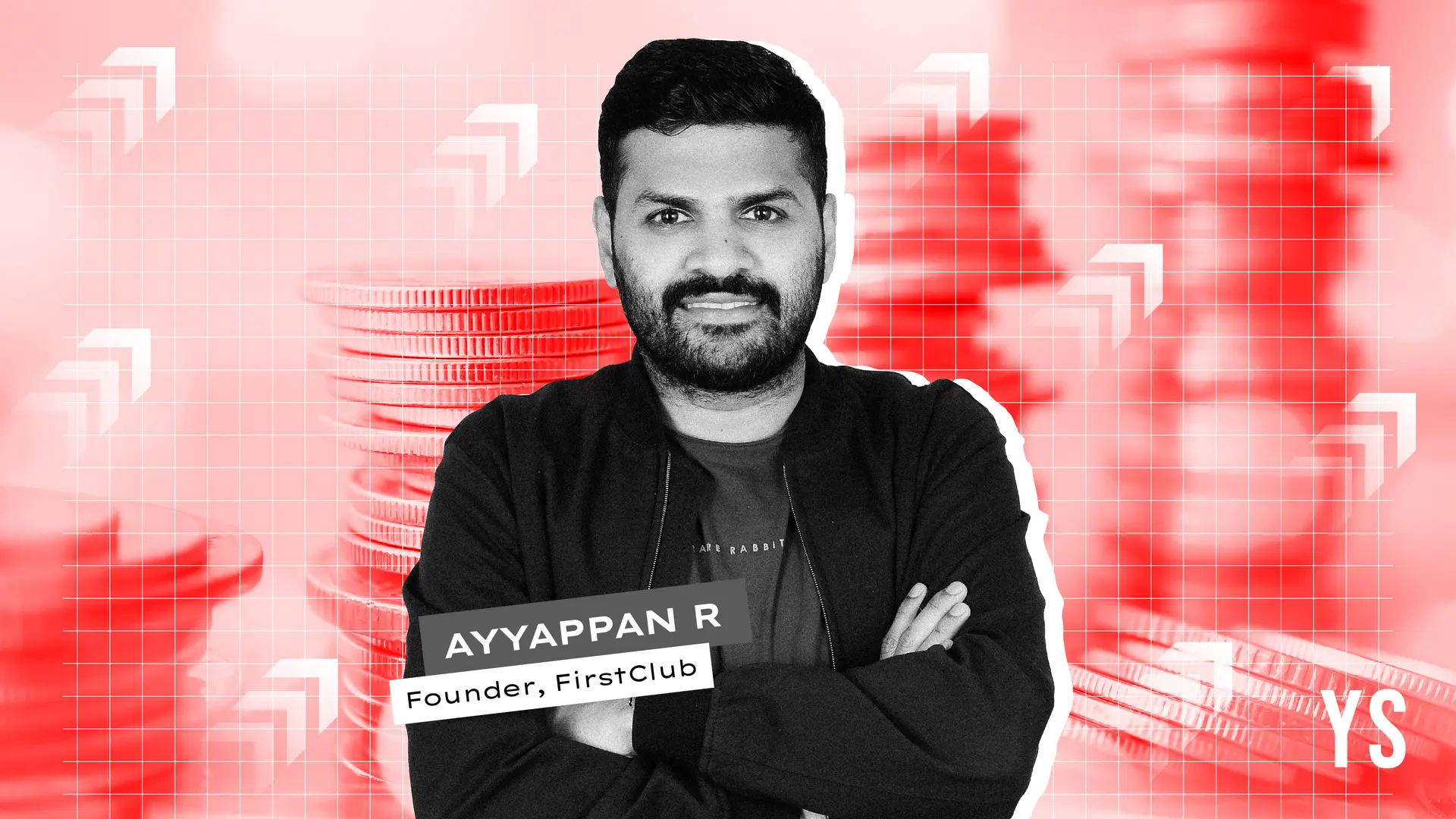Physics of Poverty: Go on. Innovate!
Sunday January 09, 2011 , 4 min Read

Physics of Poverty series by Dr. Tara Thiagarajan, chairperson, Madura Microfinance Ltd.
You’d think that with almost a billion people out there in the rural areas that there would be amazing innovations to be found there every day. But there aren’t. Search as we might innovation is hard to come by. Implicit in the definition of innovation is change, but the village ethos is about tradition. It’s about holding on to age old practices. Walk into a village and life looks almost the way it did hundreds of years ago. In my column last week I talked about celebrating human innovation. Why is there so little of it? Take a look at what India looks like from the sky, ask people a few questions and the answer is quite obvious really. Most of India looks like this.

I give a village group a list of words and ask what the words mean to them:
Obama. ‘Something to do with computers?’ one answers. Giggles. Shrugs.
Google? They shake their heads.
Why should it matter? The edge of the world is a walk away. 5 kms to be precise. It’s where most end their excursions, in an ecosystem of less than 5000 people; the population of one high rise block in Mumbai.
So what? Surely these village folk are just as intelligent. Surely they should be able to innovate. Certainly they should and the reason they don’t is quite simple. The mind is an open system and needs new, diverse material to work with. The more different the things you know, the more ways you can put things together to come up with something altogether new. That’s innovation. Like combining European Broccoli and Chinese Kale to produce the highly nutritious and tasty Broccolini. You have to have known about both vegetables to come up with the hybrid. You don’t create it out of thin air.
There is little diversity in a small community, where everyone knows everyone and everyone knows what everyone else knows. There is rarely fresh input to the mind to trigger fresh thoughts, new pathways, new constructs. And significantly, when you live in a small closed knit community like a village, there is a stronger force to conform, for everyone to agree. Nothing worse than conflict with the neighbours that you have to bear day after day, year after year. Such conformity and the ensuing groupthink are not fertile grounds for innovation.
So when YourStory asked me what key areas I would watch out for in the social entrepreneurship space in 2011, my answer was digital information products on mobile and other media that connect and promote interaction across geographies. That’s a big part of what we’re betting on at Madura. I envision a more fluid ecosystem where people and information move freely among these small isolated communities spreading thoughts and ideas, igniting debates, facilitating more vibrant trade and exchange and in the process sparking innovation.
Put yourself in situations where you meet, hear and interact with different kinds of people with different experiences, knowledge and ways of thinking and you might just find that it makes you a lot more innovative than you thought you were!






